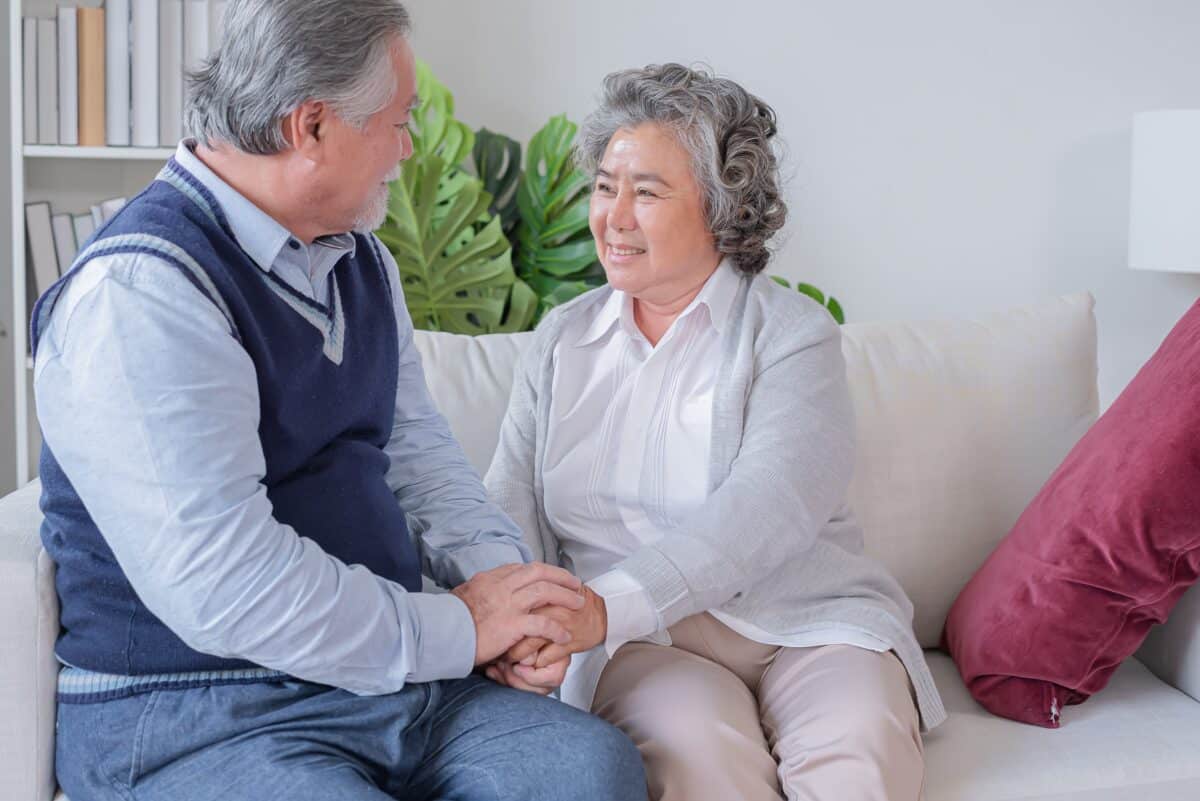Resources

Videos
2026 Medicare Changes: What Caregivers and Advocates Need to Know
Join us for an important conversation with Bob Blancato, Executive Director of the Elder Justice Coalition, as he unpacks the latest changes to Medicare for 2026. This webinar highlights key updates impacting older adults, caregivers, and service providers, and offer insights into how these changes connect to broader advocacy efforts.

Videos
The Emotional Side of Caregiving
Join us for “The Emotional Side of Caregiving,” where we explore the often-overlooked feelings of stress, guilt, grief, and compassion fatigue that many caregivers experience.

Articles
Supporting Older Adults Living with Mental Illness
Mental Illness Awareness Week, recognized each October, is a time to raise awareness about mental health conditions and how they impact people of all ages. While mental illness is more often discussed in the context of younger adults, it’s important to remember that older adults also face unique challenges related to mental health. According to…

Videos
Meals on Wheels Ride Along
TV20 joins Benjamin Rose meal delivery driver Anthony Bolden on his route.

Videos
Ask the Expert: Understanding Dementia Care
Learn the stages and challenges associated with this progressive disease, as well as develop compassionate strategies to improve communication, maintain physical and emotional care, and manage unexpected behaviors.

Articles
Helping with Hoarding Cleanup: A Guide for Caregivers and Family
Caring for an older adult who hoards can be an overwhelming and emotionally taxing experience. Hoarding is often a deeply ingrained behavior that can significantly impact the individual’s physical and mental well-being, as well as the safety of their living environment. If you’re a family member or caregiver of an older adult who hoards, it’s essential to approach the situation with care and understanding, both for their well-being and your own.

Articles
How Caregivers Can Advocate for Older Loved Ones in the Health Care System
If your loved one has received a diagnosis that requires extensive care, it’s inevitable that various health care systems, from their primary care provider to specialists who assist with disease-specific treatments. And while it can feel empowering to have experts on your loved one’s care team, if you have concerns about the quality of care your loved one is receiving or the way they’re being treated by the staff that works with them, it can also make you feel powerless. If something feels off, who do you turn to for help?

Videos
Everything You Need to Know About the CMS GUIDE Model and How AAAs Can Get Involved
Join us for an information-filled virtual presentation specifically about features, benefits and details of the national GUIDE rollout. This presentation, followed by Q&A, includes an overview of CMS’ goals in developing GUIDE, a review of the 9 required elements of GUIDE delivery, as well as the unique role that providers of older-adult services and healthcare organizations can play in the process.

Articles
Managing Life After a Serious Diagnosis
Hearing a diagnosis of a serious disease or chronic condition—such as cancer, dementia, Parkinson’s or advanced heart disease—can be one of the most overwhelming moments in a person’s life. For many older adults and their caregivers, the moment is followed by what some describe as “diagnose and adios,” where medical staff provide the diagnosis but little in the way of ongoing guidance or support. Suddenly, you’re left with questions, uncertainty and a need to navigate unfamiliar territory without a clear map.